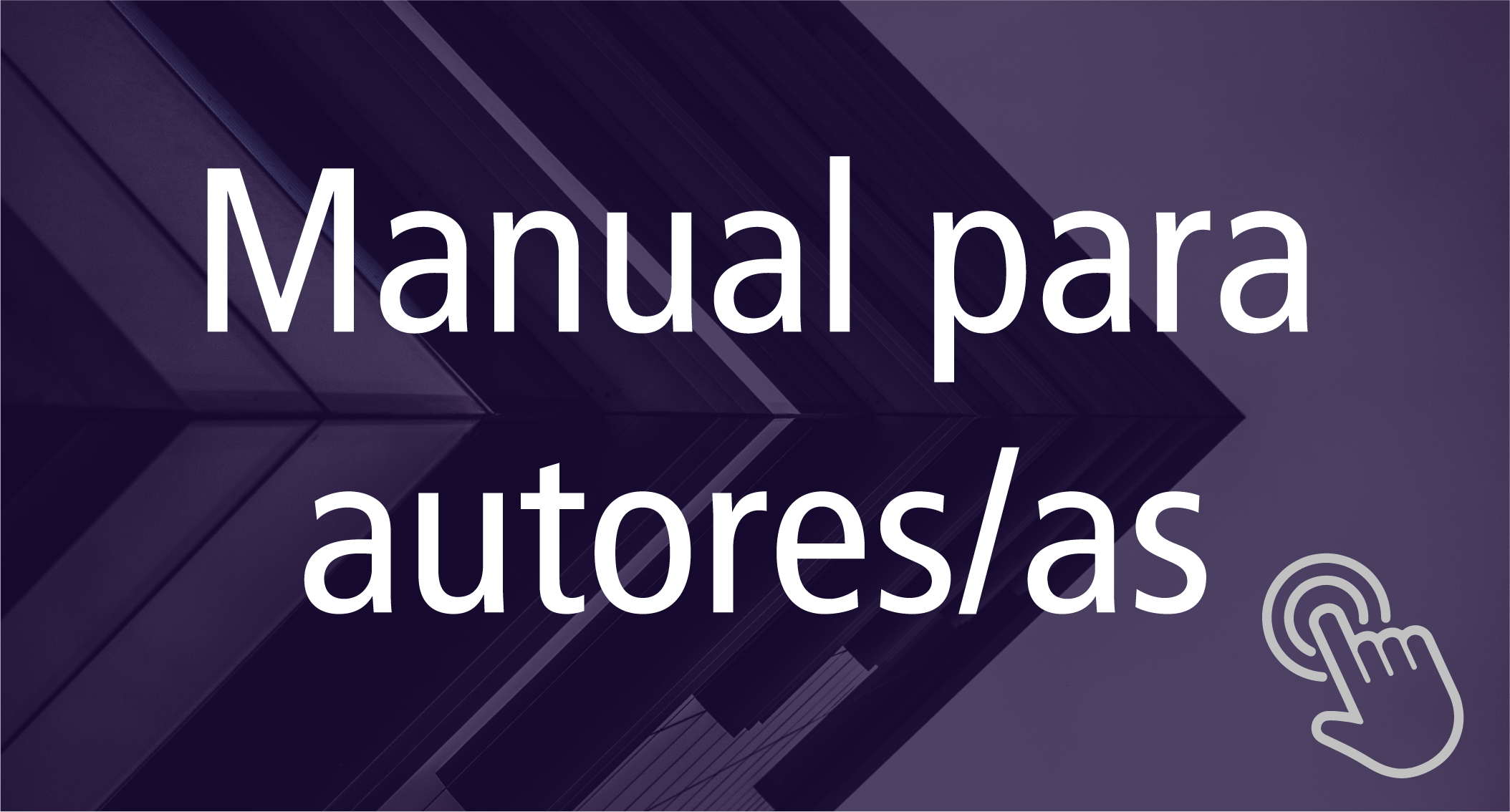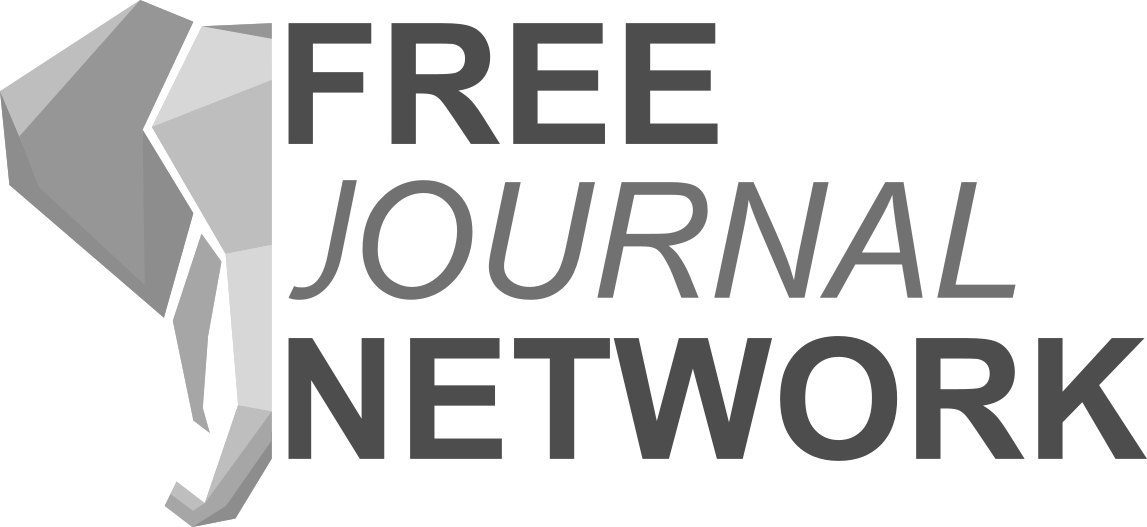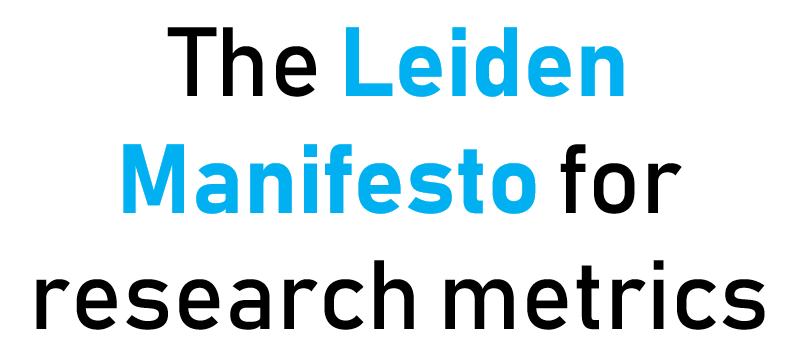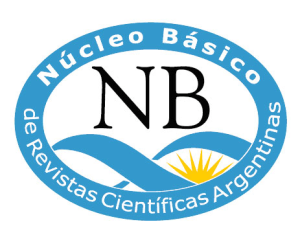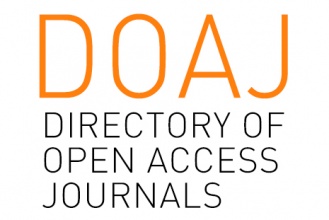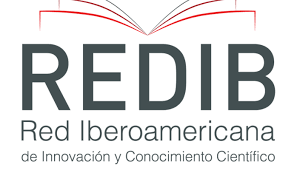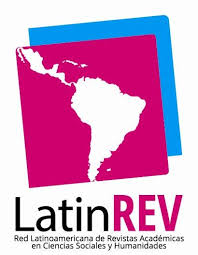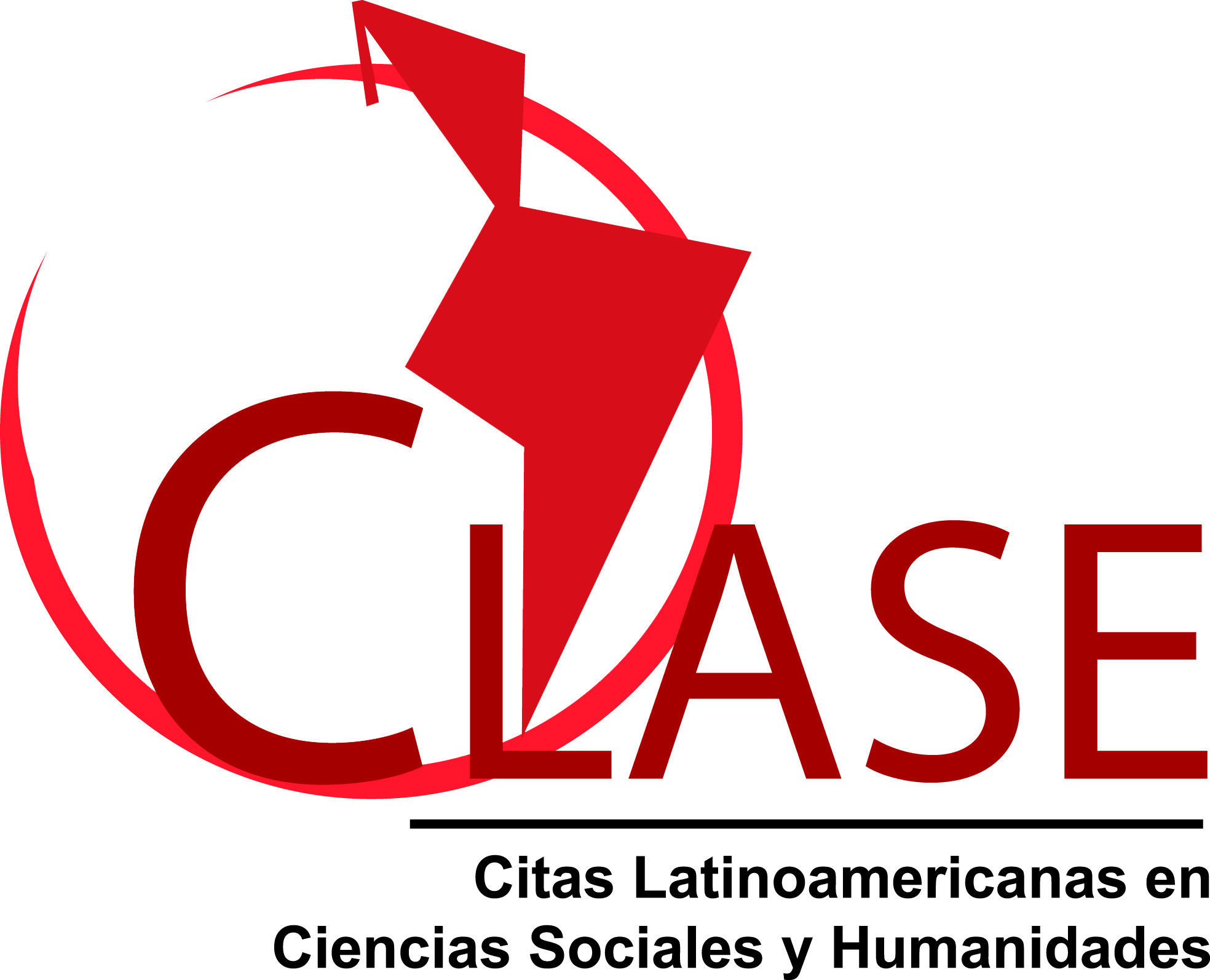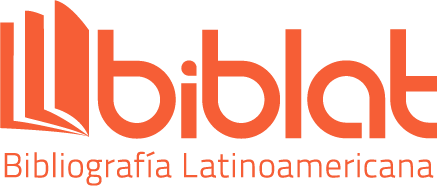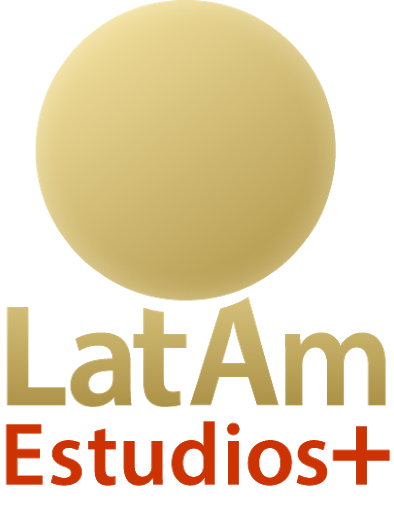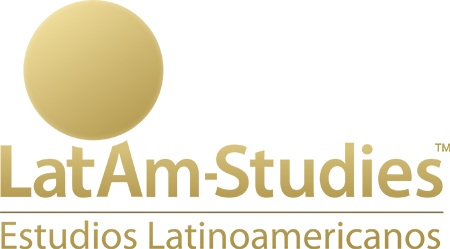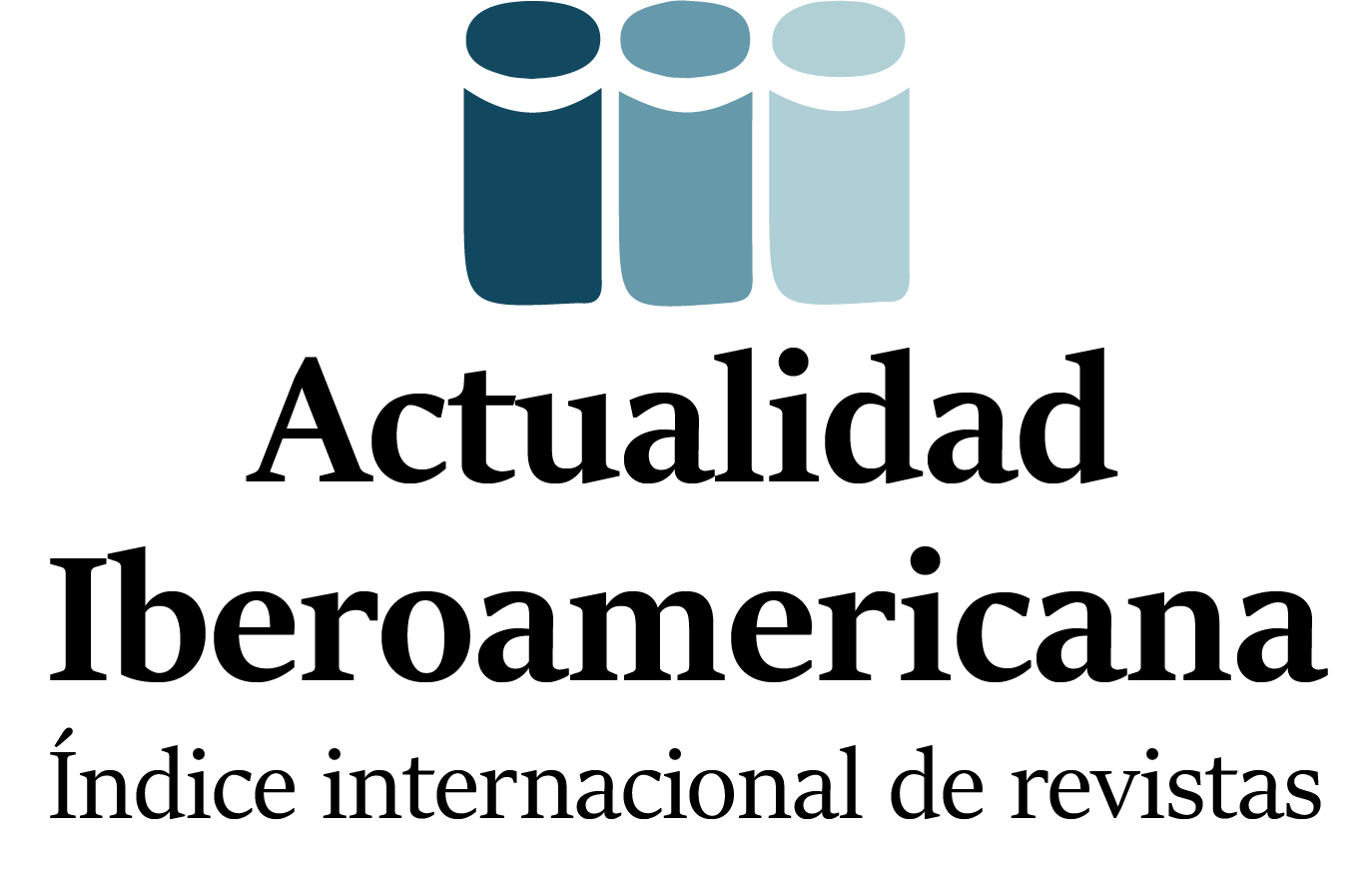Tres tesis acerca del inconciente en el Coloquio de Bonneval de 1960: Lacan, Laplanche, Politzer
Abstract
Este trabajo profundiza desde una perspectiva histórica y epistemológica el contexto de surgimiento de una de las tesis principales del pensamiento de Jean Laplanche: la del Realismo del Inconciente –explicitada por primera vez en colaboración con Serge Leclaire en el Coloquio de Bonneval organizado por Henri Ey en 1960– en confrontación con las ideas de Georges Politzer y Jacques Lacan. En aquella reunión, que era en rigor el sexto coloquio coordinado por H. Ey, el tema de la convocatoria fue “la naturaleza del inconciente”. Allí, Laplanche presenta un trabajo en colaboración con Leclaire titulado El inconciente: un estudio psicoanalítico, que marcará a posteriori su ruptura teórica con Lacan y el inicio de un recorrido propio original en un debate con su maestro que tendrá varias idas y vueltas a partir de la publicación de las actas del Coloquio, ocurrida recién en 1966. La dimensión de una verdadera diferencia en torno al concepto de inconciente de ambos autores no se tornaría explícita hasta el momento de la publicación.
This paper studies from a historical and epistemological context the emergence of one of the main thesis of the thought of Jean Laplanche: that about the Realism of the Unconscious –explicit for first time in collaboration with Serge Leclaire in the Colloquium organized by Henri Ey in Bonneval 1960– in confrontation with the ideas of Georges Politzer and Jacques Lacan. At that meeting, which was in fact the sixth symposium coordinated by H. Ey, the topic of the call was “the nature of the unconscious”. There, Laplanche presents a collaboration with Leclaire entitled The unconscious: a psychoanalytic study, which marks his subsequent theoretical break with Lacan and the start of a route original itself in debate with his teacher to have several return trips from the publication of the minutes of the symposium, which occurred not until 1966. The dimension of a real difference around the concept of the unconscious of both authors would become explicit even the time of publication.
Downloads
Metrics
Downloads
Published
How to Cite
Issue
Section
License
![]()
Authors who publish in this journal accept the following conditions:
- Authors retain the copyright and assign the right of first publication to the journal, with the work registered under a Creative Commons attribution license (CC-BY), which allows third parties to use what is published whenever they mention the authorship of the work and the first publication in this magazine.
- Authors can make other independent and additional contractual agreements for the non-exclusive distribution of the article published in this journal (e.g., include it in an institutional repository or publish it in a book) as long as they clearly indicate that the work was published for the first time in this magazine.
- Authors are allowed and encouraged to publish their work on the Internet (e.g., on institutional or personal webpages) before and during the review and publication process, as it can lead to productive exchanges and greater and faster dissemination of published work (see The Effect of Open Access ).

